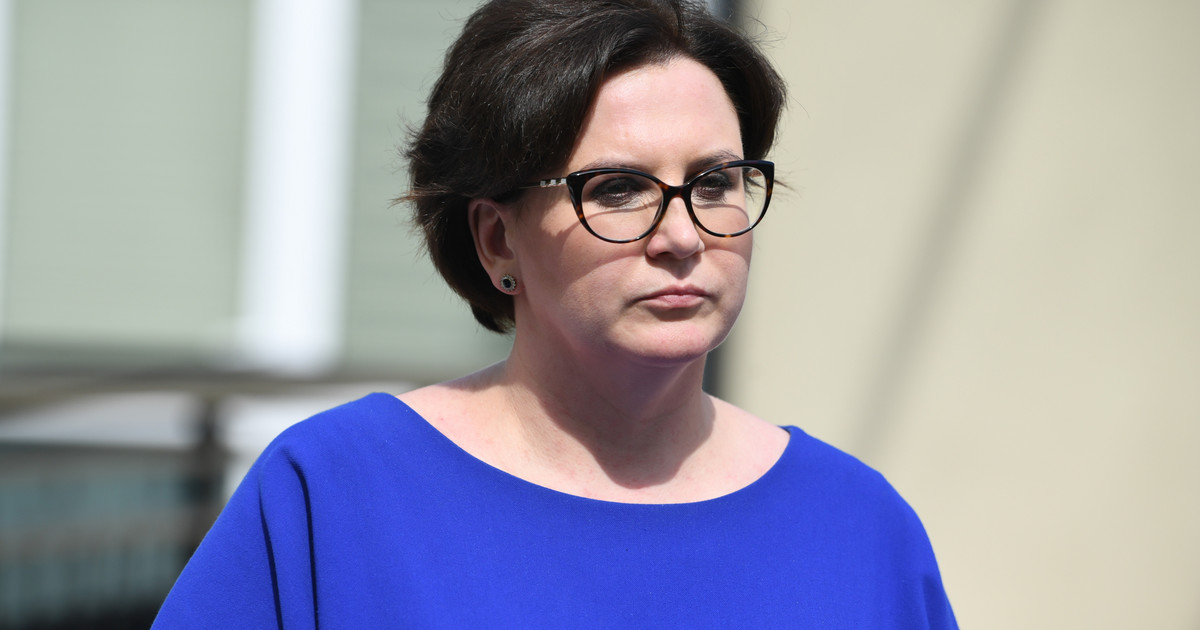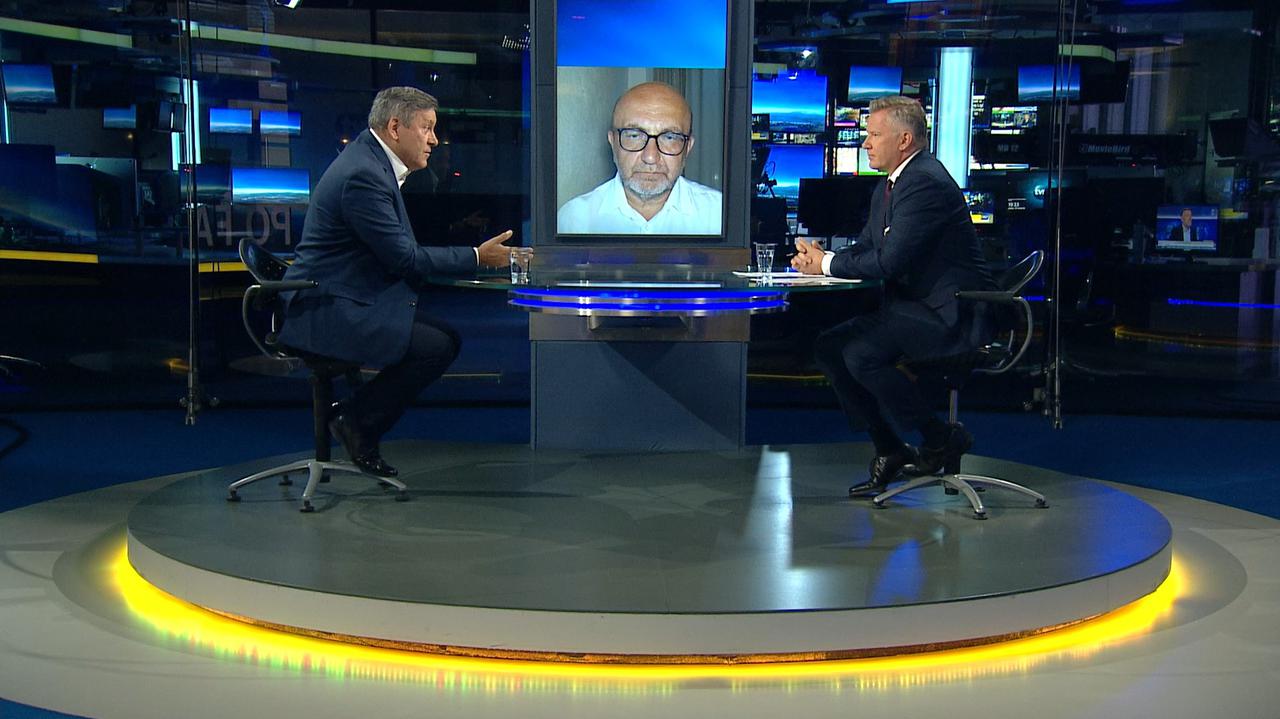Class IV arable land (defined as “medium quality arable soil”) makes up about 40 percent of all soils in Poland. So far, PV farms have been placed on it based on development conditions. Eliminating such a possibility would mean a sharp decline in investment areas, comparable to blocking the development of wind energy. At the same time, the commune chiefs are in favor of maintaining the existing provisions. When asked by CBM Index, mayors strongly support making it easier to locate investments in solar power plants in their area. Nearly half of the communes surveyed (47 percent) were against the obligation to submit a local spatial development plan for such investments. Moreover, the research shows that two-thirds of the commune chiefs surveyed support special treatment of PV farm sites based on development conditions.
– Photovoltaic cells have the highest level of social acceptance compared to other energy sources, and at the same time it is a technology whose investment cycle is relatively short. In the face of the urgent need to build energy independence in Poland in connection with the energy crisis and the important role that solar energy should play, the proposal to suspend the development of the photovoltaic sector is energy suicide – comments Ewa Majera, Chairman of the Board of Directors of the Polish Photovoltaic Association.
These are just some of the problems communes face with development plans
By the end of 2025, local governments will have to adopt a master plan. If they fail to do so, the study of how spatial development is conducted in their area will end. In municipalities where the General Plan will not be approved after January 1, 2026, it will not be possible to approve local plans or issue development conditions (including site decisions for investments, for example for investments in renewable sources). Such a situation could mean investment paralysis. Theoretically, in KPO PLN 248 million was allocated for spatial planning reform, an average of about PLN 100,000. for one general plan. Already now, city planners declare that these assessments are at best for a small municipality.
– The spatial planning system reform was announced years ago. No need to convince anyone of the necessity of its implementation. However, its scope remains controversial. The essence of this reform is to replace the study of conditions and trends of spatial development with general plans. The adoption of these plans by 2025 seems unrealistic. Both due to the financial and organizational capabilities of the municipalities themselves, as well as the limited number of specialists who can undertake such a task – says Philip Sokowski, an urban planner from the Urbanconsulting studio, in an interview with the ecoekonomia portal.
Investors associated with the renewable energy industry have similar skepticism.
– For investors, locating projects in areas covered by master plans only has advantages. This means investment security and acceptance by local communities. However, let us remember that we are way behind when it comes to adopting such plans. In addition, its adoption sometimes takes the entire term of the local government. Therefore, it is necessary to introduce a transitional period in which, until the adoption of general plans, investments will be determined according to current conditions – Wojciech Cetnarski, Chairman of the Board of Directors of Wento
No time, no specialists
The possibility of adopting the plans in such a short time raises great doubts. The calendar does not help. The elections due in the spring will make the business of adopting this type of project recede into the background. Another doubt is the availability of experts who can prepare such plans.
– It is worth considering the possibility of allowing partial changes to the study of development conditions and trends by the end of 2025, because until then the studies will be the basis for approving local plans. This will make it possible to avoid investment paralysis in many communes – comments Sokolowski.
The consequences of not adopting the schemes will be more severe for owners of areas not covered by local schemes. Then the possibility of agreement on the decision on construction conditions will disappear. As a result, we are threatened with absolute investment paralysis, incl RES.
– We must make it clear that photovoltaic farms do not replace agricultural production. Therefore, there is no logical reason to exclude the Fourth Bank land from PV investments. The agricultural use of this type of land is negligible. In most cases, these are meadows, pastures, or wastelands. It should be noted that as an industry we run many projects supporting biodiversity. The ground below the slabs is an ideal place, for example, to recreate the natural fauna and flora – Cetnarski comments.
The government is in the process of changing the arrangements
On February 7, 2023, another version of the Spatial Planning and Development Act Amendment Bill and Certain Other Acts (UD 369, “Draft”) was published after consultations with the Legal Committee.
– Despite the agreement concluded by the Ministry of Agriculture and Technology with the renewable energy sector in the context of social consultations, the project brought back some regulations that were very unfavorable to the development of the photovoltaic energy sector. Firstly, according to the current wording of the draft (Article 14, point 13 of the draft), it will no longer be possible to locate PV installations with a capacity of more than 150 kW on a Category IV land based on the development decision conditions. Previous versions of the project allowed such potential for installations with a capacity of up to 1 MW – explains Ewa Magira.
Landmarks are in danger
The law is one of the milestones that was supposed to allow the disbursement of funds from the KPO. According to the intentions, it was in order to facilitate the development of renewable energy. Meanwhile, its action can be completely opposite. Therefore, it is difficult to expect that the provisions in this form will be recognized as fulfilling the obligations of the Polish government.

Echo Richards embodies a personality that is a delightful contradiction: a humble musicaholic who never brags about her expansive knowledge of both classic and contemporary tunes. Infuriatingly modest, one would never know from a mere conversation how deeply entrenched she is in the world of music. This passion seamlessly translates into her problem-solving skills, with Echo often drawing inspiration from melodies and rhythms. A voracious reader, she dives deep into literature, using stories to influence her own hardcore writing. Her spirited advocacy for alcohol isn’t about mere indulgence, but about celebrating life’s poignant moments.








